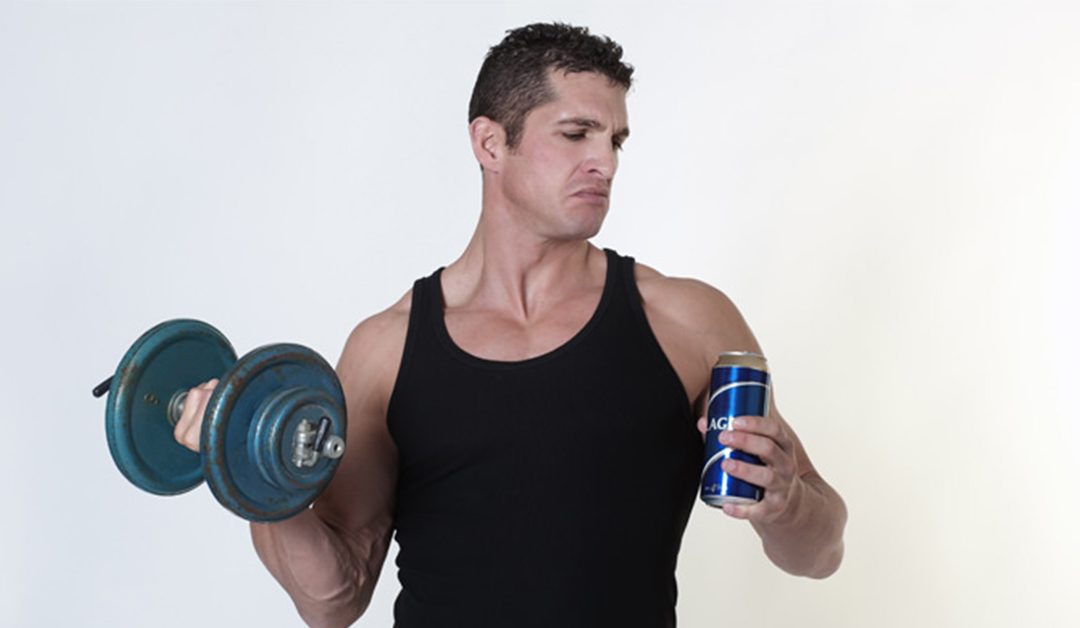It is commonly known that alcohol consumption adversely affects our ability to train and perform at a high standard. What causes this decrease in output?
1. Alcohol consumption decreases the body’s use of glucose (sugar) and amino acids (protein) in skeletal muscle, this leads to low energy levels and reduces the body’s ability to provide ongoing processes that are required to sustain exercise.
2. On the flip side, regular exercise has been shown to reduce the amount of damaged caused by ethanol (alcohol) on skeletal muscle, mainly through accelerated ethanol breakdown by the liver.
3. Alcohol reduces the capillarisation (improved blood supply to working muscles) below what is normally seen in individuals undertaking aerobic training.
4. Alcohol consumption has shown to yield lower muscle fibre cross-sectional area (small muscles)
5. Regular exercise has been shown to eliminate the reduced capillarisation and muscle size seen from alcohol consumption.
Further Reading:
Interaction Between Alcohol and Exercise Physiological and Haematological Implications (2005) Mahmoud S. El-Sayed, Nagia Ali and Zeinab El-Sayed Ali
